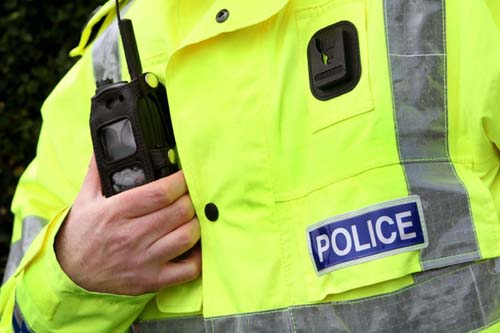
Highland council is paying an undisclosed sum for the Northern Constabulary officers, who would normally be answering 999 calls, to answer phone calls usually handled by council workers.
These include repairs to council houses and issues involving roads and rubbish collection.
The force has called in extra staff at its Inverness headquarters to handle the new calls, which will come into effect on Tuesday.
Police and civilian staff will follow a script to determine whether calls are a genuine emergency before forwarding the issue to the relevant council department.
A council spokeswoman said: “Highland Council will pay Northern Constabulary a fee for carrying out this service on our behalf. We will not state this amount.”
The council currently has eight workers dealing with out of hours calls on a rota in addition to their day jobs.
A Northern Constabulary spokeswoman said: “Call handlers are dedicated to 999 calls and this initiative should provide greater resilience and improvements to response times to police emergency calls.
“The pilot has already been trialled for six months and has been assessed as successful for both services.”
But Dave Ross, of the Scottish Police Federation, warned: “My only concern is for capacity, particularly on a Friday and Saturday night.
“During these times, calls to the force control centre can be quite busy and people routinely have to wait a while before the call is answered.
“I’d hate to think people calling for police services would have to wait in a queue because someone calling about council housing was jamming the line.”
But the council’s director of housing and property, Steve Barron, defended the move.
He said: “This partnership approach brings with it many benefits for customers and for both partners, making use of the highly-trained staff at Northern Constabulary’s force operations centre.
“Callers will continue to receive prompt and effective responses to repairs and homelessness problems, plus directing emergency calls to Northern Constabulary also means that emergencies will be dealt with centrally, enabling faster and easier co-ordination should a multi-agency response be required.”
The force’s Chief Superintendent Julian Innes added: “We have long been committed to a partnership approach to sharing and delivering services and delivering services where this provides both an efficient and improved level of service to the public, making the best of our operational assets.”